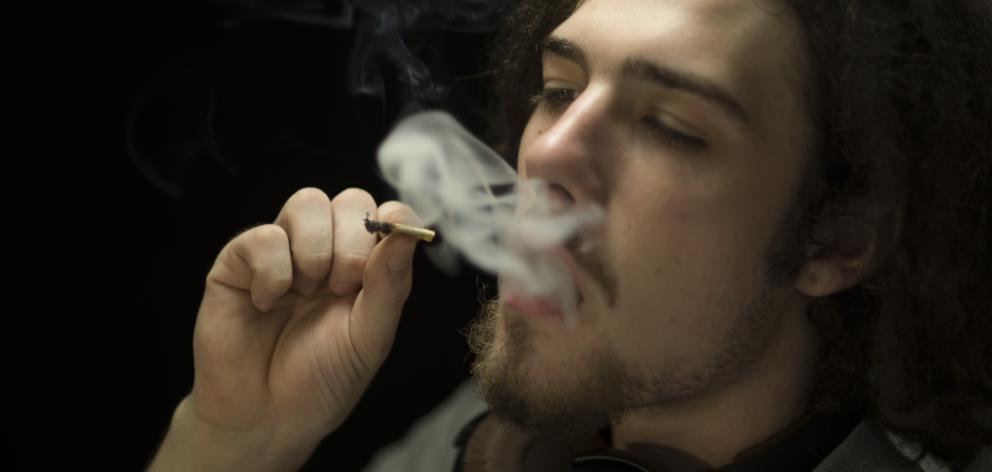
Modern Kiwi teenagers have turned to healthier living, virtually giving up smoking and cutting back sharply on binge drinking and illicit drugs.
The smoking rate had dropped to less than 3% in 2015, from 15% in 2000. The rate of regular binge drinking nearly halved in the 11 years to 2012. And illicit drug use fell to 23% in 2012.
But researchers aren't clear on the reasons behind these reductions in risky behaviour and wonder whether Snapchat and Facebook may play a role.
Otago University Wellington researcher Jude Ball, who was speaking at the Public Health Association Conference, said there had been large, almost simultaneous reductions in adolescent risk behaviours in a range of countries.
She had found health interventions such as hikes in tobacco tax might have played a role, but the similarities in the data between countries despite variations in their tobacco controls suggested broader social forces were at work.
Some argue that social media is replacing risky behaviours: adolescents can be cool and sociable without drinking, and gaming, texting and social media means they have less time, or are less inclined, to drink or smoke.
"While this is a popular notion, there's also a large body of evidence against it," said Ball.
The trends seemed positive, although she noted that others hadn't changed - healthy eating, getting more exercise - or might be deteriorating: mental health.
"Because the drivers of the decline are largely unknown, we need to be alert to the possibility that rising mental health problems and falling risk behaviours might be two sides of the same coin - driven perhaps by pressure to succeed or by increasing social isolation."
Auckland University youth health researcher Dr Theresa Fleming said social media could certainly have played a part in the reduction in risky behaviours.
"The things we did to find good friends and express identity were quite different before the internet - maybe driving down the main street in a fast car, while now we might do funny memes. It's less likely to immediately kill you."
But broader cultural changes could be a factor too, such as children being exposed to less risk. In cars they now had to ride in carseats while young, playgrounds were safer, and children were monitored more.
